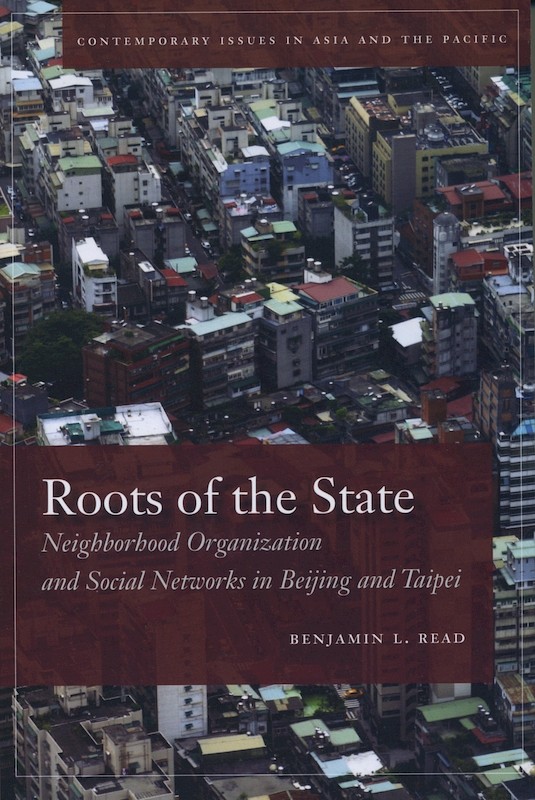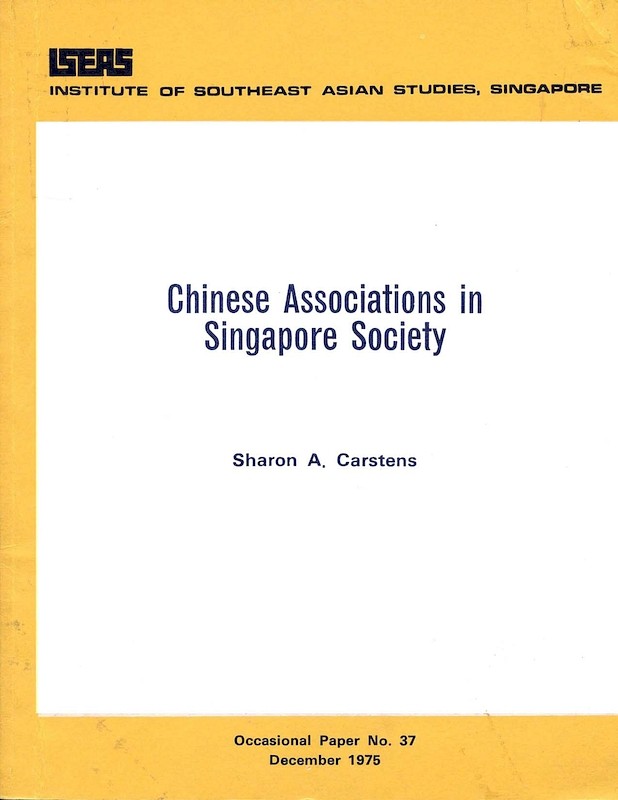Roots of the State: Neighborhood Organization and Social Networks in Beijing and Taipei

Benjamin L. Read, author
Date of publication:
2012
Publisher:
Stanford University Press
Number of pages:
356
Code:
SUP13
About the publication
Most social science studies of local organizations tend to focus on "civil society" associations, voluntary associations independent from state control, whereas government-sponsored organizations tend to be theorized in totalitarian terms as "mass organizations" or manifestations of state corporatism. Roots of the State examines neighborhood associations in Beijing and Taipei that occupy a unique space that exists between these concepts.
Benjamin L. Read views the work of the neighbourhood associations he studies as a form of "administrative grassroots engagement". States sponsor networks of organizations at the most local of levels, and the networks facilitate governance and policing by building personal relationships with members of society. Association leaders serve as the state's designated liaisons within the neighborhood and perform administrative duties covering a wide range of government programs, from welfare to political surveillance. These partly state-controlled entities also provide a range of services to their constituents.
Neighborhood associations, as institutions initially created to control societies, may underpin a repressive regime such as China's, but they also can evolve to empower societies, as in Taiwan. This book engages broad and much-discussed questions about governance and political participation in both authoritarian and democratic regimes.
Benjamin L. Read views the work of the neighbourhood associations he studies as a form of "administrative grassroots engagement". States sponsor networks of organizations at the most local of levels, and the networks facilitate governance and policing by building personal relationships with members of society. Association leaders serve as the state's designated liaisons within the neighborhood and perform administrative duties covering a wide range of government programs, from welfare to political surveillance. These partly state-controlled entities also provide a range of services to their constituents.
Neighborhood associations, as institutions initially created to control societies, may underpin a repressive regime such as China's, but they also can evolve to empower societies, as in Taiwan. This book engages broad and much-discussed questions about governance and political participation in both authoritarian and democratic regimes.
Co-publication: Stanford University Press
A book in the East-West Center series, Contemporary Issues in Asia and the Pacific, published by Stanford University Press. Available exclusively from ISEAS for distribution in Southeast Asia.






